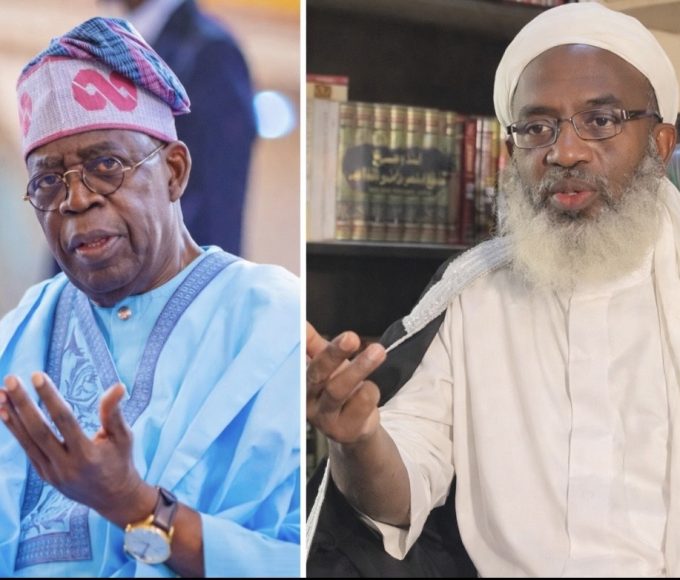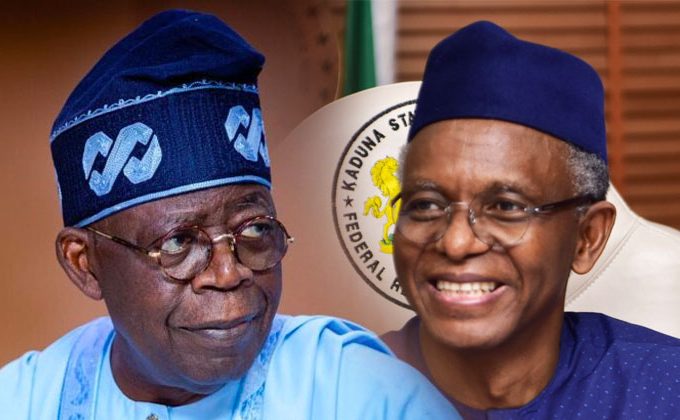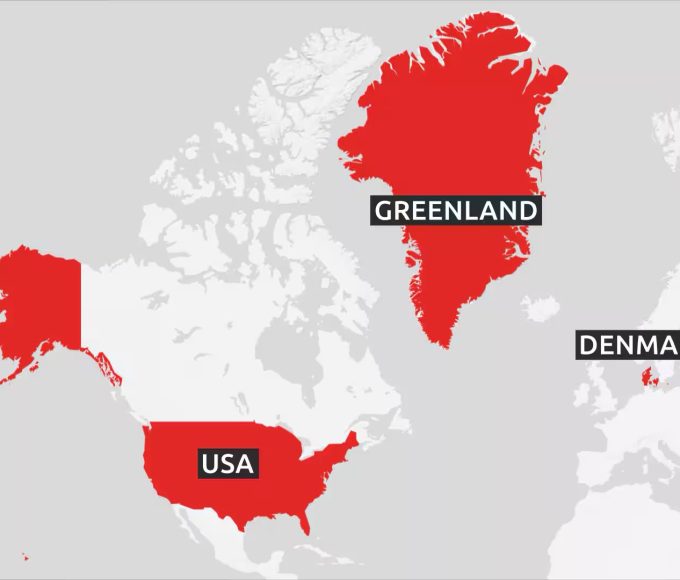
$346M U.S. Arms Deal with Nigeria Sparks Allegations of Tinubu Drug File Cover-Up

The U.S. State Department has approved a potential $346 million weapons sale to Nigeria, according to the Defence Security Cooperation Agency. The deal, which still awaits Congressional approval, includes advanced military equipment such as munitions, bombs, and rockets to bolster Nigeria’s counterterrorism operations.
The proposed sale will improve Nigeria’s capability to meet current and future threats through operations against terrorist organisations and to counter illicit trafficking in Nigeria and the Gulf of Guinea,” the Pentagon stated on Wednesday, adding, “there will be no adverse impact on U.S. defence readiness as a result of this proposed sale.”
However, the timing of the approval has drawn scrutiny, coinciding with allegations tied to a Freedom of Information Act (FOIA) case involving Nigerian President Bola Tinubu.
Recently, transparency advocate Aaron Greenspan, in a Joint Status Report filed in the FOIA case, accused the FBI and DEA of “playing politics” by deliberately delaying the release of unredacted drug files linked to Tinubu. The files reportedly contain heroin trafficking information that was previously redacted in documents released by the FBI, as highlighted by West Africa Weekly Editor-in-Chief David Hundeyin.
Neither the FBI, the DEA, nor President Tinubu has publicly responded to Greenspan’s claims.
Greenspan alleged the agencies were shielding Tinubu as a political favour. The timing of the U.S. weapons deal has prompted many to speculate whether the Trump administration may be leveraging the delayed release of these files as diplomatic pressure on Nigeria.
Sources familiar with the administration’s foreign policy approach describe it as “notoriously transactional,” raising concerns that Washington could be using the FOIA case to extract financial or strategic concessions.
While the U.S. State Department maintains the arms sale is intended to enhance regional stability, unanswered questions about the FOIA case have fueled suspicion.
Whether the release or continued suppression of the unredacted Tinubu files is tied to broader U.S.-Nigeria negotiations remains unclear. West Africa Weekly will continue monitoring developments in the arms deal and the FOIA case and report any further findings.
Read More:
- Niger Orders 20% Tuition Fee Cut in Private Schools from 2025
- Mali Foils Coup Plot, Arrests French Spy and Top Generals
About The Author
Mayowa Durosinmi
author
M. Durosinmi is a West Africa Weekly investigative reporter covering Politics, Human Rights, Health, and Security in West Africa and the Sahel Region
Mayowa Durosinmi
M. Durosinmi is a West Africa Weekly investigative reporter covering Politics, Human Rights, Health, and Security in West Africa and the Sahel Region
%s Comment
Leave a Reply Cancel reply
Related Articles
Mali Tightens Grip on Explosives Supply With New Majority Stake
The Malian government has taken majority ownership of a civil explosives manufacturing...
ByWest Africa WeeklyJanuary 29, 2026Tinubu Follows Gumi’s Lead as Nigeria Signs Turkey Defence Deal, Fueling Speculation Over Who Really Controls the Country’s Security Policy
Nigeria’s diplomatic and security strategy is once again under scrutiny after a...
ByWest Africa WeeklyJanuary 28, 2026Tinubu Deducts N100bn Monthly From Federation Account Without Approval El-Rufai Alleges Says Action Deserves Impeachment
Former Kaduna State Governor Nasir El-Rufai has launched a blistering attack on...
ByWest Africa WeeklyJanuary 26, 2026Trump’s Greenland Threat Forces Europe to Taste the Logic of Western Colonial Power
It rarely begins with soldiers. More often, it begins with a sentence,...
ByWest Africa WeeklyJanuary 21, 2026












There is nothing that can not be uncovered just one day that God expose the enemies of this great country called Nigeria, but we should continue to pray for God to deliver Nigeria from this kind of an outright wickedness and the day broad light looting and stealing money that God himself has given every Nigerian. Just one day monkey will go to market and will not return.
You advocates standing for the less privileged God will standby you to fight this very evil in this God loving nation. God will bless you and defend you all your will be here on earth and in heaven. Carry God along because he is everything you in this fight with assurance of victory by the us president whom God brought to save Nigeria in times like this, Lias with Trump . God bless, carry go it is well